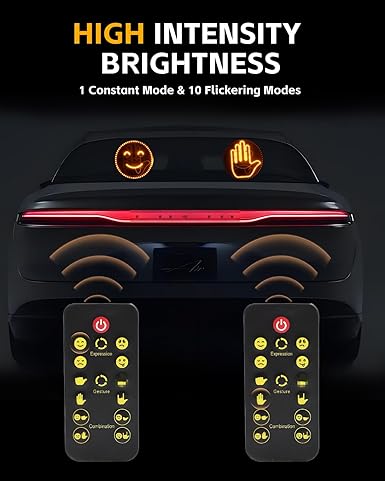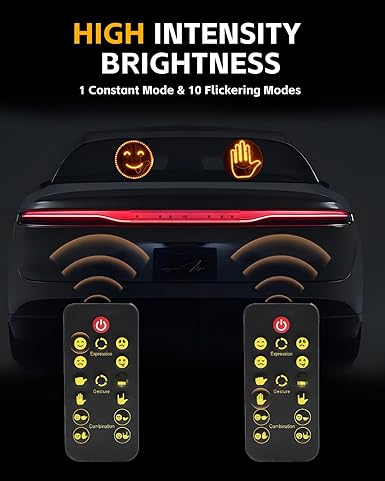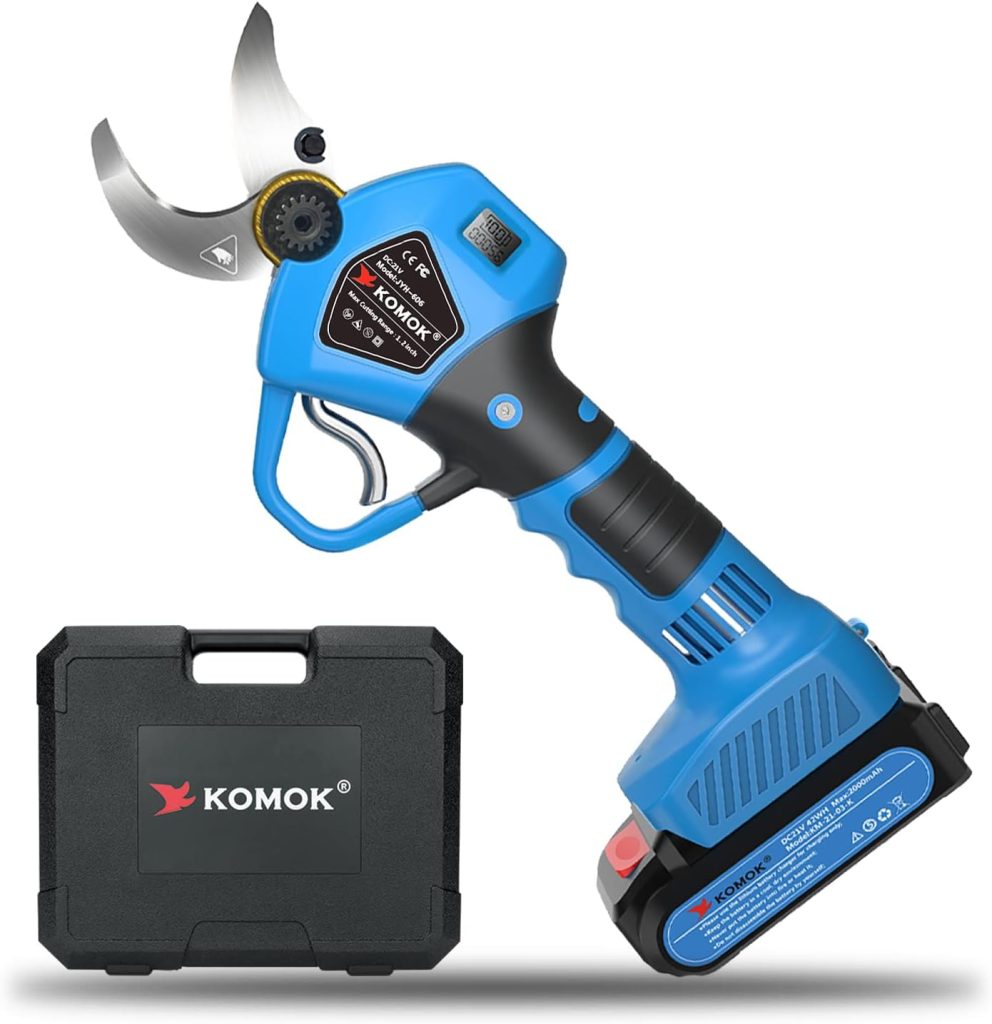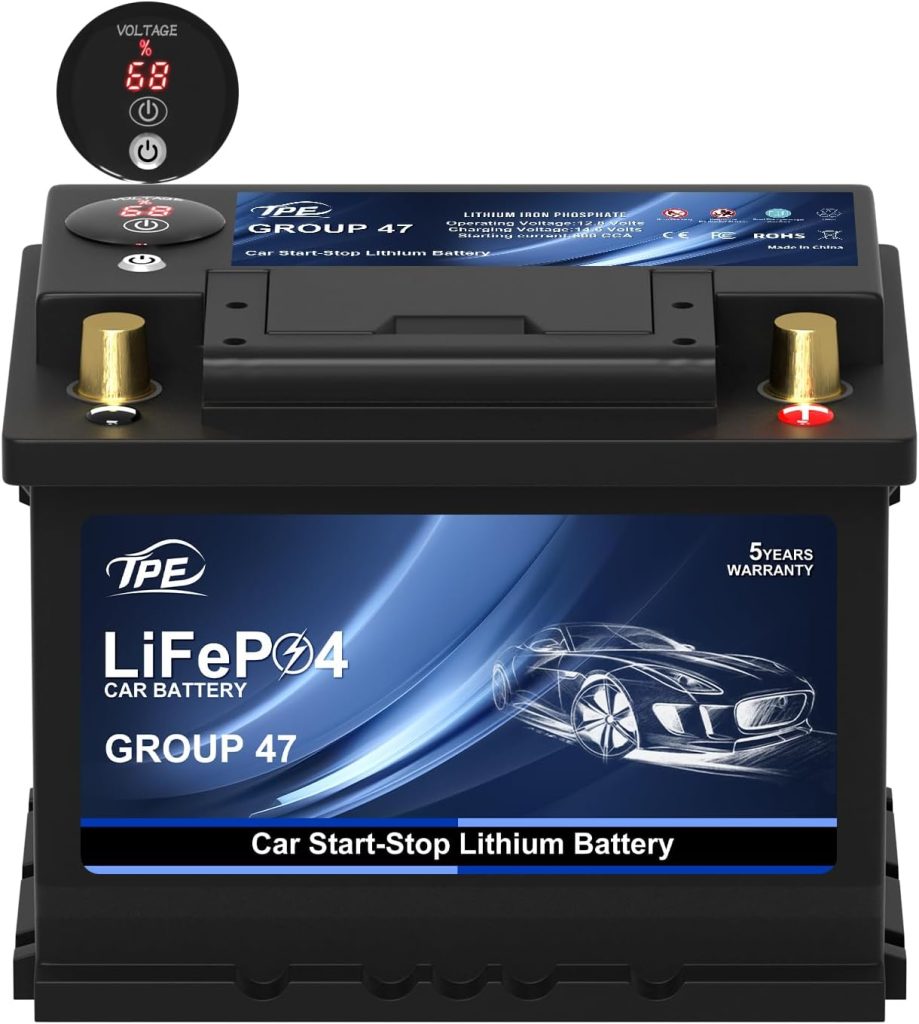As an Amazon Associate, I earn from qualifying purchases.
That rhythmic clicking sound coming from your car can be unsettling. Whether you hear it when turning the key, making sharp turns, or driving down the street, this noise often signals that something needs attention under the hood or beneath your vehicle.
Car clicking noises range from minor annoyances to serious mechanical warnings. The good news? Most clicking sounds have identifiable causes and solutions. Understanding what your car is trying to tell you can save you from costly repairs and potentially dangerous breakdowns.
This guide will help you identify the source of that clicking noise, understand what it means, and determine your next steps. From CV joints to electrical issues, we’ll cover the most common culprits and give you practical troubleshooting advice.

Why It’s Important to Investigate Clicking Noises Early
Contents
Ignoring unusual car sounds rarely leads to good outcomes. That small clicking noise you hear today could develop into a major mechanical failure tomorrow, leaving you stranded on the side of the road.
Prevents Potential Breakdowns
Many clicking noises indicate failing components that will eventually stop working entirely. A clicking starter motor, for example, may work intermittently before failing completely. By addressing the issue early, you maintain reliable transportation and avoid the inconvenience of unexpected breakdowns.
Early Detection Saves Money
Automotive repairs follow a simple rule: small problems become expensive problems when left untreated. A worn CV joint that clicks during turns will eventually damage other suspension components if ignored. A loose lug nut might cause wheel damage or even wheel separation if not tightened promptly.
Safety Concerns
Some clicking noises point to safety-critical systems. Brake components, steering mechanisms, and wheel assemblies all produce clicking sounds when they begin to fail. These systems directly impact your ability to control and stop your vehicle safely.
Why Is My Car Making a Clicking Noise? (Step-by-Step Diagnosis)
The key to diagnosing a clicking noise lies in identifying when and where it occurs. Different situations point to different potential problems.
Clicking When Turning
If you hear clicking primarily when turning the steering wheel, especially during sharp turns or when parking, your CV joints are likely the culprit. This clicking typically becomes more pronounced when turning into parking spaces or navigating tight corners.
CV (constant velocity) joints transfer power from the transmission to your wheels while allowing for steering movement. When these joints wear out, they produce a distinctive clicking or ticking sound during turns.
Clicking When Starting the Engine
A rapid clicking sound when you turn the key usually indicates electrical problems. This might be a dead or dying battery, corroded battery terminals, or a failing starter motor. The clicking occurs because the starter solenoid attempts to engage but lacks sufficient power to turn the engine over.
Clicking While Driving Straight
Continuous clicking while driving straight often points to wheel-related issues. Loose lug nuts, damaged wheel bearings, or brake problems can all produce clicking sounds that persist regardless of steering input.
Clicking from the Dashboard
Electrical relays clicking on and off create sounds that seem to come from inside the dashboard. These relays control various systems like air conditioning, lights, and fuel pumps. Rapid clicking from relays often indicates electrical system problems.
Common Causes of a Clicking Noise in Cars
Understanding the most frequent causes of car clicking noises helps you narrow down the problem and communicate effectively with your mechanic.
Failing CV Joints
CV joint failure ranks as the most common cause of clicking noises in cars. These joints wear out gradually, starting with occasional clicks during sharp turns and progressing to constant clicking during any steering input. Front-wheel-drive vehicles experience CV joint problems more frequently than rear-wheel-drive cars.
Low Battery or Faulty Starter Motor
Battery and starter issues create rapid clicking sounds when you attempt to start the car. A weak battery provides insufficient power for the starter motor, causing the starter solenoid to click rapidly. Similarly, internal starter motor problems can prevent proper engagement even with a good battery.
Loose Lug Nuts
Improperly tightened lug nuts allow slight wheel movement, creating clicking or ticking sounds while driving. This dangerous condition can lead to wheel separation if not addressed immediately. The clicking typically increases with vehicle speed and may be accompanied by wheel wobbling.
Worn Brake Pads
Brake pads contain wear indicators that produce clicking or squealing sounds when the pads need replacement. Some vehicles use spring-loaded clips that click against the brake rotor when pad material wears thin.
Damaged Wheel Bearings
Wheel bearings support your car’s weight while allowing wheels to rotate smoothly. When bearings wear out, they often produce clicking, grinding, or humming noises. The sound typically increases with vehicle speed and may change when turning.
Electrical Relays
Modern cars contain dozens of electrical relays that switch power to various systems. These relays naturally click when operating, but excessive clicking might indicate relay failure or electrical system problems.
How to Troubleshoot or Fix a Clicking Noise
While some clicking noises require professional diagnosis and repair, you can perform several basic troubleshooting steps safely.
Check Battery Terminals
If clicking occurs when starting, inspect your battery terminals first. Clean, tight connections ensure proper electrical flow. Corroded or loose terminals often cause starting problems and clicking sounds. Clean terminals with a wire brush and ensure connections are snug.
Inspect Tires and Lug Nuts
Visually examine your wheels and tires for obvious problems. Check that lug nuts are properly seated and haven’t loosened. Look for unusual tire wear patterns that might indicate suspension or alignment issues.
Listen for Location and Source
Try to pinpoint exactly where the clicking originates. Have someone help you identify whether the sound comes from the engine bay, wheels, or interior. This information proves valuable when discussing the problem with a mechanic.
Test Different Driving Conditions
Pay attention to when the clicking occurs. Note whether it happens during turns, acceleration, braking, or at idle. Document these observations to help with diagnosis.
Visit a Mechanic for Professional Diagnosis
Complex automotive systems require professional expertise for accurate diagnosis. If basic troubleshooting doesn’t reveal an obvious cause, schedule an inspection with a qualified mechanic.
Avoid Driving if Conditions Worsen
Stop driving immediately if clicking sounds become constant, extremely loud, or are accompanied by other symptoms like steering problems, brake issues, or engine performance problems. These symptoms may indicate serious safety concerns.
Take Action Before Small Problems Become Big Ones
A clicking noise in your car deserves prompt attention, regardless of how minor it seems. Whether the cause is a simple loose connection or a failing mechanical component, early diagnosis prevents more expensive repairs and potential safety hazards.
Remember that automotive problems rarely resolve themselves. That subtle clicking sound will likely worsen over time, potentially leaving you with a non-functional vehicle and a hefty repair bill.
When in doubt, consult with a trusted mechanic who can provide professional diagnosis and repair recommendations. The cost of a diagnostic inspection is minimal compared to the expense and inconvenience of a roadside breakdown.
Frequently Asked Questions
Why is my car making a clicking noise when I turn the key?
Rapid clicking when turning the key typically indicates a dead or weak battery, corroded battery terminals, or a failing starter motor. The starter solenoid attempts to engage but lacks sufficient power to turn the engine over, creating the clicking sound.
Is it safe to drive with a clicking noise?
The safety of driving depends on the clicking source. CV joint clicking during turns is generally safe for short distances, but should be repaired promptly. Clicking from loose lug nuts or brake components requires immediate attention and may be unsafe to drive.
Can low oil cause a clicking noise in the engine?
Low engine oil can cause clicking or ticking sounds, particularly from the valve train or hydraulic lifters. However, engine oil problems typically create sounds from the engine bay, not from wheels or electrical systems.
What does a clicking noise from the wheels mean?
Wheel clicking usually indicates CV joint problems, loose lug nuts, or worn wheel bearings. CV joints produce clicking during turns, while loose lug nuts or bad bearings create clicking while driving straight.

As an Amazon Associate, I earn from qualifying purchases.


